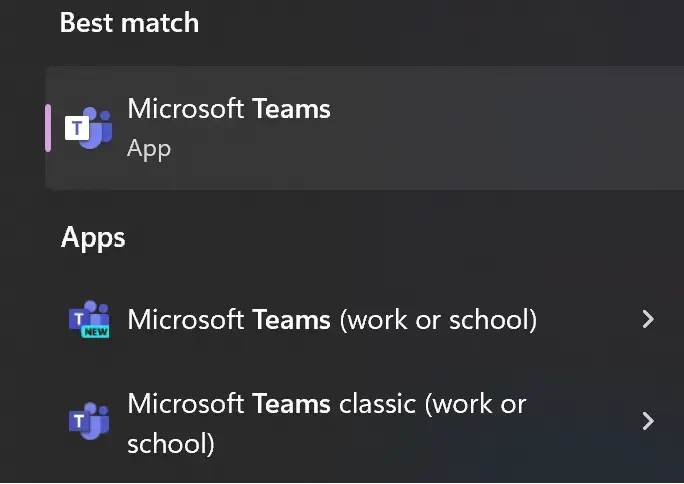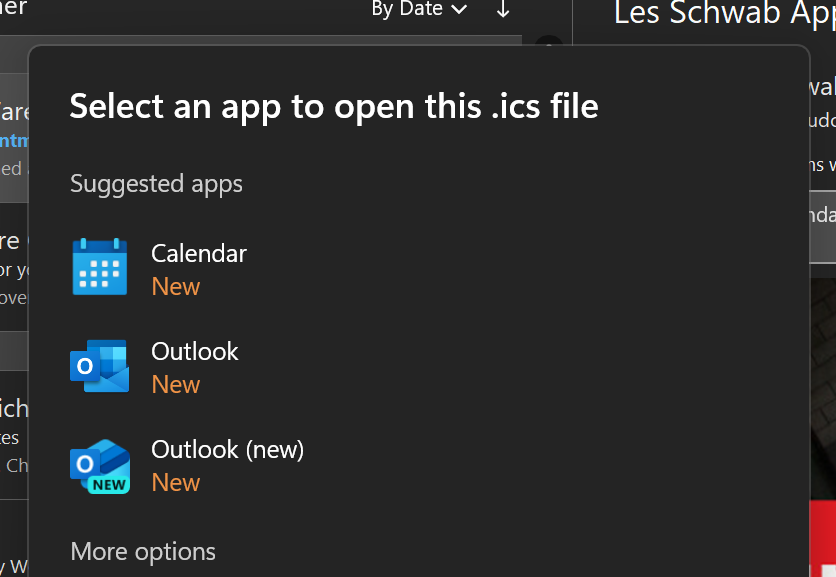WHEN PEOPLE ask Michael Moritz, a former journalist and prominent tech investor, what book they should read to understand Silicon Valley, he always recommends two. “They are not about Silicon Valley, but they have everything to do with Silicon Valley,” he says.
One is “The Studio” (1969) by John Gregory Dunne, an American writer who spent a year inside 20th Century Fox watching films get made and executives try to balance creativity with profit-seeking. The other, “Swimming Across” (2001) by Andy Grove, the former boss of Intel, a chipmaker, is a memoir about surviving the Holocaust. It shows how adversity can engender grit, which every entrepreneur needs.
That Sir Michael does not suggest a book squarely about the tech business says a lot. Silicon Valley has produced some of the world’s most gargantuan companies, but it has not inspired many written accounts with a long shelf life. Wall Street, on the other hand, claims a small canon that has stood the test of time, from chronicles of meltdowns (“Too Big to Fail”), to corporate greed (“Barbarians at the Gate”) to a fictionalised account (“The Bonfire of the Vanities”) that popularised the term “masters of the universe”.
Why not the masters of Silicon Valley? Part of the problem is access, as is often the case when writing about the powerful. Tech executives may let their guards down at Burning Man, but they have been painstakingly trained by public-relations staff to not get burned by writers. This has been the case for a while. When John Battelle was writing “The Search” (2005), about online quests for information, he spent over a year asking to interview Google’s co-founder, Larry Page. The firm tried to impose conditions, such as the right to read the manuscript in advance and add a footnote and possible rebuttal to every mention of Google. He declined. Google ended up granting the interview anyway.
Journalists who manage to finagle access can feel they owe a company and its executives and, in turn, write meek and sympathetic accounts rather than penetrating prose. Or they cannot break in—or do not even try—and write their book from a distance, without an insider’s insights.
Two new books demonstrate how hard it is to write well about Silicon Valley. “Filterworld” is an outsider’s account of the Valley’s impact, which reads as if it was entirely reported and written in a coffee shop in Brooklyn. The book laments how “culture is stuck and plagued by sameness” and blames Silicon Valley’s algorithms, “the technological spectre haunting our own era of the early 21st century”.
This is the sort of tirade against tech that has spread as widely as Silicon Valley’s apps. It is not wrong, but nor is it insightful. The author, Kyle Chayka, who is a journalist for the New Yorker, never reconciles the tension between the cultural “sameness” he decries and the personalisation everyone experiences, with online users possessing individual feeds and living in separate informational bubbles. Nor is this a wholly new phenomenon. People have been complaining about globalisation eroding local culture since “recorded civilisation” began, the author concedes. In 1890 Gabriel Tarde, a French sociologist, lamented the “persistent sameness in hotel fare and service, in household furniture, in clothes and jewellery, in theatrical notices and in the volumes in shop windows” that spread with the passenger train.
“Burn Book” is a better, though imperfect, read. Kara Swisher, a veteran chronicler of Silicon Valley, is both an insider and an outsider. She has attended baby showers for tech billionaires’ offspring, and even hosted Google’s top brass for a sleepover at her mother’s apartment. But she has a distaste for the Valley’s “look-at-me narcissists, who never met an idea that they did not try to take credit for”.
In delicious detail, she offers her verdict on the techies who have become household names, such as Facebook’s founder: “As sweat poured down Mark Zuckerberg’s pasty and rounded face, I wondered if he was going to keel over right there at my feet.” (That was in 2010, before he had gone through media-training galore.) Much as Truman Capote, an American writer, was willing to skewer the socialite swans of New York, Ms Swisher delights in prodding some of her subjects to make readers smile and squirm, such as media mogul Rupert Murdoch (“Uncle Satan”) and Amazon’s Jeff Bezos (“a frenetic mongoose” with “a genuinely infectious maniacal laugh”).
Ms Swisher does not have Capote’s élan, but her book succeeds where many fail because she explores the relationship between subject and writer, which lurks in the background of most tech books. In detailing her interactions with tech bosses over three decades, she shows how the industry became more furtive and destructive, less free and fun.
While Ms Swisher uses her memoir to hold up a mirror, unfortunately she does not gaze at it long. After chronicling the internet for the Washington Post, Wall Street Journal and her own outfit, Recode, she moved from the Valley to the swamp—Washington, DC—acknowledging that “I had become too much a creature of the place” and “part of the scene in a way that was starting to feel uncomfortable”.
Still, she declines to tease out some of the more complicated aspects of covering the Valley, such as the thin line between source, friend and adviser and exactly how she covered the Valley dispassionately when her then-wife was a Google executive. Despite her journalistic ferocity, the reality was that Ms Swisher could not eviscerate many of her subjects, because she depended on them accepting her invitation to speak at her annual conference, one of her major sources of income, and on her podcast. She was not just “part of the scene”—she played a leading role.
Of course, journalists are not the only ones who deal with personal conflicts that affect how and what they write about tech. Too many in the Valley pursue books to buttress their personal brand, like a website or résumé that just happens to have a spine (but reads as spineless). This explains why so many venture capitalists have ventured into book-writing. The best of the lot is “Zero to One” (2014) by Peter Thiel, an early investor in Facebook, and Blake Masters, a student who took a class taught by Mr Thiel at Stanford. However, explaining how to build a monopoly, as it does with welcome and rare frankness, is probably something Mr Thiel and his ilk regret, considering the scrutiny Silicon Valley has since elicited from regulators. Monopolies are not so in vogue these days.
Yet the simplest explanation for why it is so hard for a book about Silicon Valley to hit the mark is probably the most obvious: timing. The snail’s pace of research and publishing is badly suited to Silicon Valley’s speed. Today’s pressing book idea is next year’s stale one. Innovation cycles and companies’ futures often pivot too quickly.
Take Adam Lashinsky, a journalist who wrote a book about Uber. He watched as the company faltered and tried to keep his text up to date. His aptly titled “Wild Ride” was published in 2017, a month before the dramatic firing of Uber’s boss, Travis Kalanick. Mr Lashinsky has since sworn off writing about tech. His next book is about William Safire, a dead newspaper columnist. It is a subject that will not go out of date—and not try to control the narrative. ■

